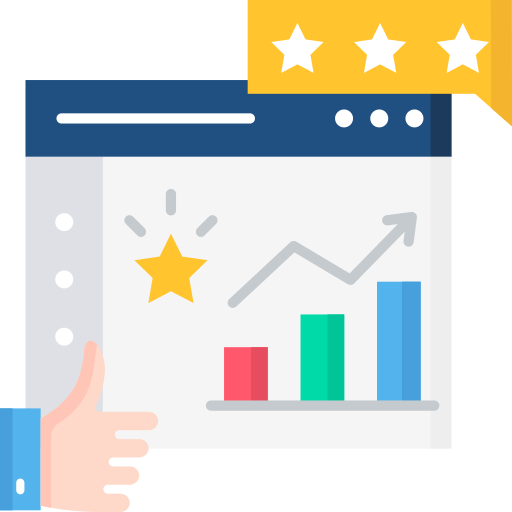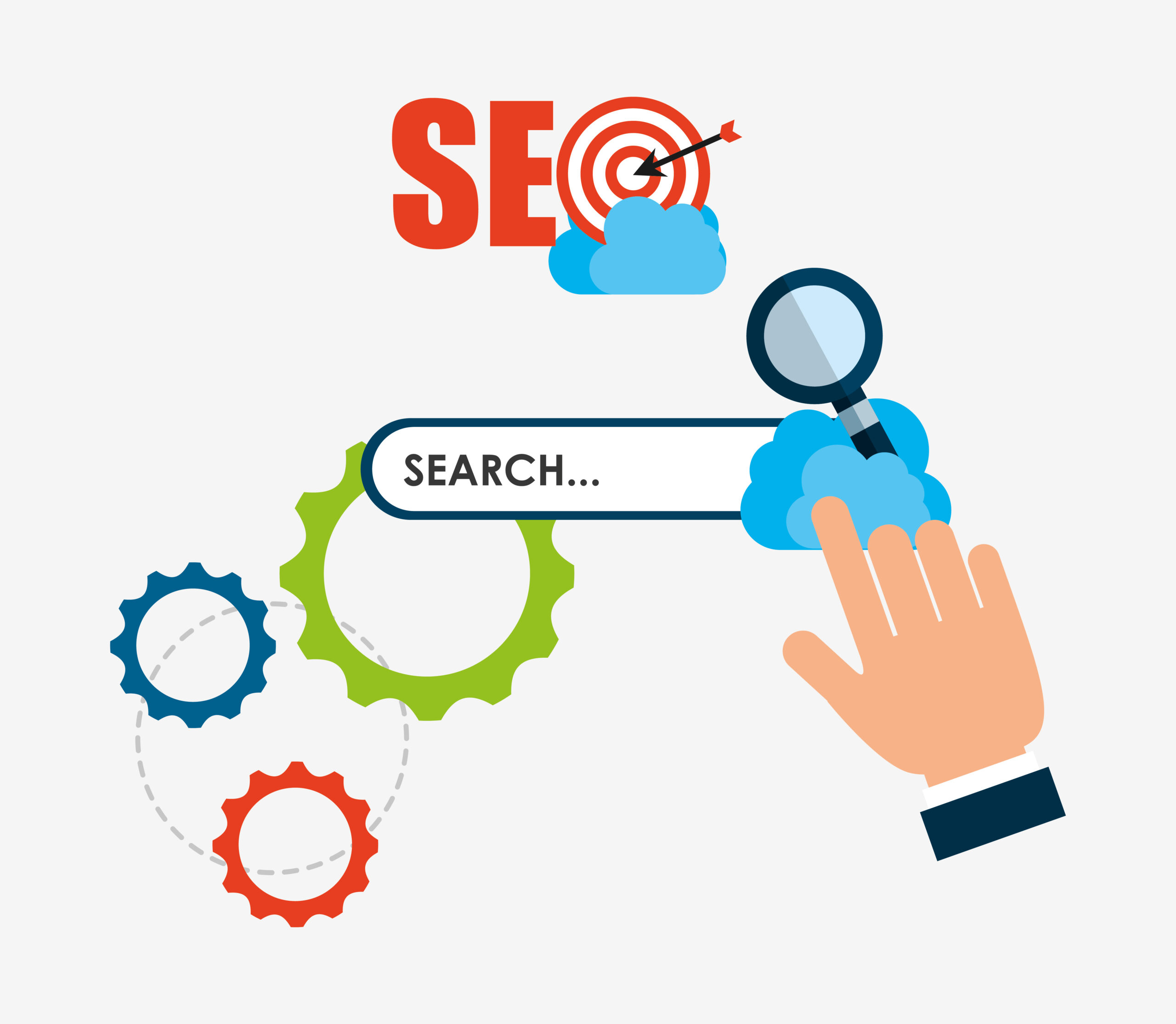Off-Page SEO (Search Engine Optimization): Link Building and More
Aiming to rank your website on every search engine by improving your brand visibility and search traffic? Then You have landed at the right place! In this guide on what is Off-page SEO, we are going to dive deep and make you learn: What is Off-Page SEO? Why is it so important? What Domain Authority? Define … Read more



